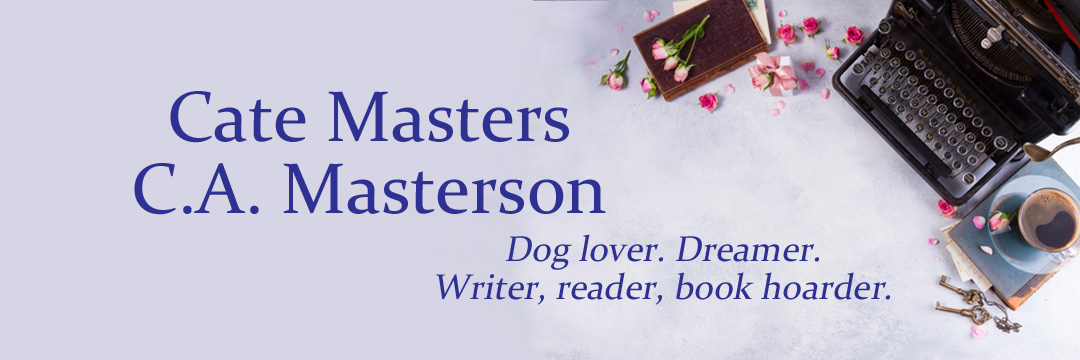I’ve never been a fan of buzzwords, so have no problem with never hearing some of the above terms again. However, I’m against censorship in general, and as a writer, I hate to lose any words that might prove useful. It’s like taking tools away from a craftsperson, and words are critical tools for communication, the basis of human understanding.
 Obviously, authors should weigh each word for its usefulness. Jargon with short shelf lives can quickly date a story - for good or bad, depending whether it’s intentional. If an author needs to immerse a reader in a specific time period, certain words can immediately conjure the era. Likewise, use of certain phrases can enhance a character by making that character’s speech identifiable to the reader without tags.
Obviously, authors should weigh each word for its usefulness. Jargon with short shelf lives can quickly date a story - for good or bad, depending whether it’s intentional. If an author needs to immerse a reader in a specific time period, certain words can immediately conjure the era. Likewise, use of certain phrases can enhance a character by making that character’s speech identifiable to the reader without tags.Dumbing down language has never made sense to me. We want to educate our youth – and our population in general. Why corrode their understanding by removing relevant words and phrases? An obscure word used in the right context is immediately understandable to the reader, and enhances vocabulary. Writers sometimes take flack for using “million dollar words” but I, for one, prefer meticulously crafted work. Prefer Michael Chabon to say, Elmore Leonard. Yes, Elmore writes a good story. But his writing is blah. It leaves me cold. Certain other authors whose novels have gone on to film write so poorly, I can’t get through the entire book. Yes, I’m picky, but I aspire to write as well as the authors I admire: Margaret Atwood. Charles D’Ambrosio (his writing is ambrosia to me!). Richard Russo. I could go on, but you get the idea.
 As the AP explained, the list is by no means official, and the committee itself says it’s all in good fun. Many previously-banned words or phrases still appear in current conversations – also for good or bad, but it’s for the individual to decide. I’ve been known to repeat phrases such as it is what it is. 24/7, happy camper, LOL, and back in the day, not so much (though this phrase made the list last year). Curious about other words the committee has banned over the past 35 years? The complete list is here.
As the AP explained, the list is by no means official, and the committee itself says it’s all in good fun. Many previously-banned words or phrases still appear in current conversations – also for good or bad, but it’s for the individual to decide. I’ve been known to repeat phrases such as it is what it is. 24/7, happy camper, LOL, and back in the day, not so much (though this phrase made the list last year). Curious about other words the committee has banned over the past 35 years? The complete list is here. 